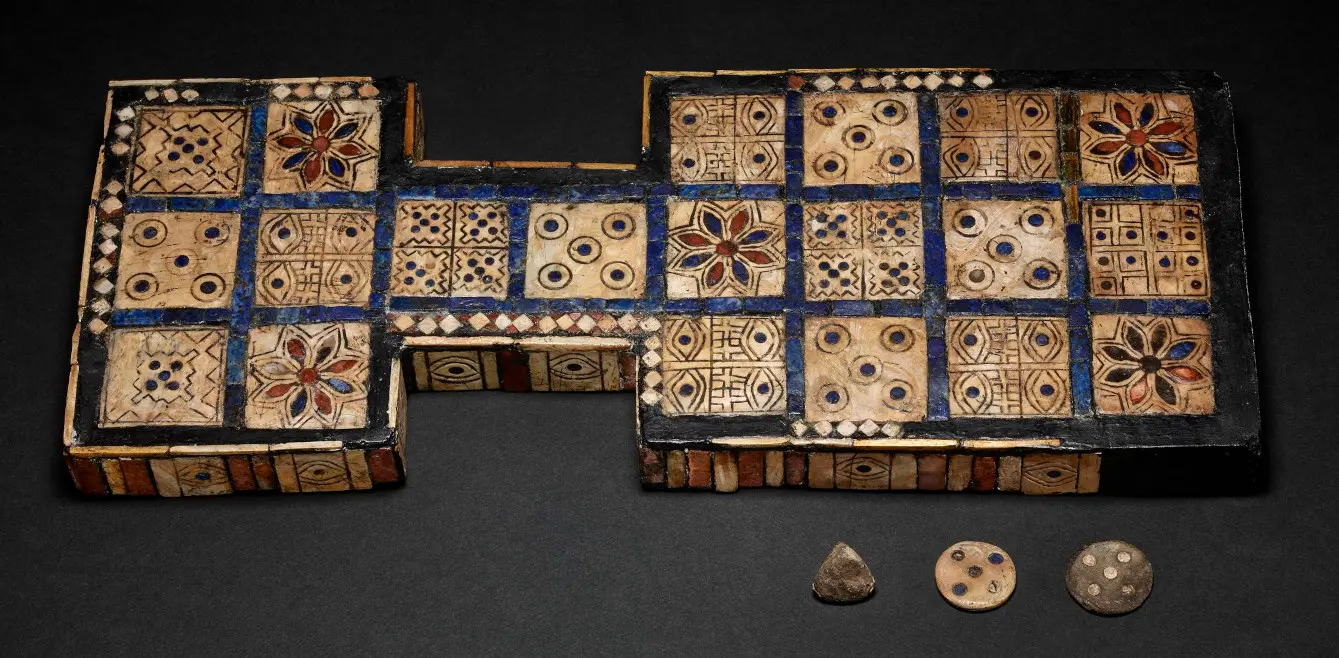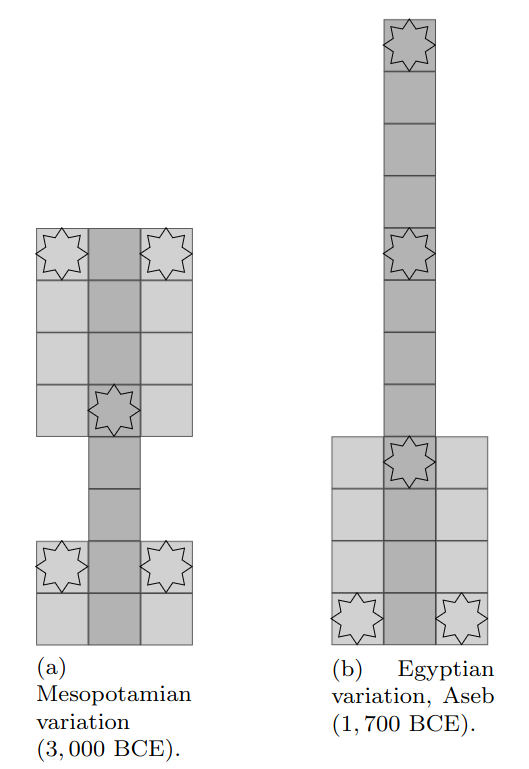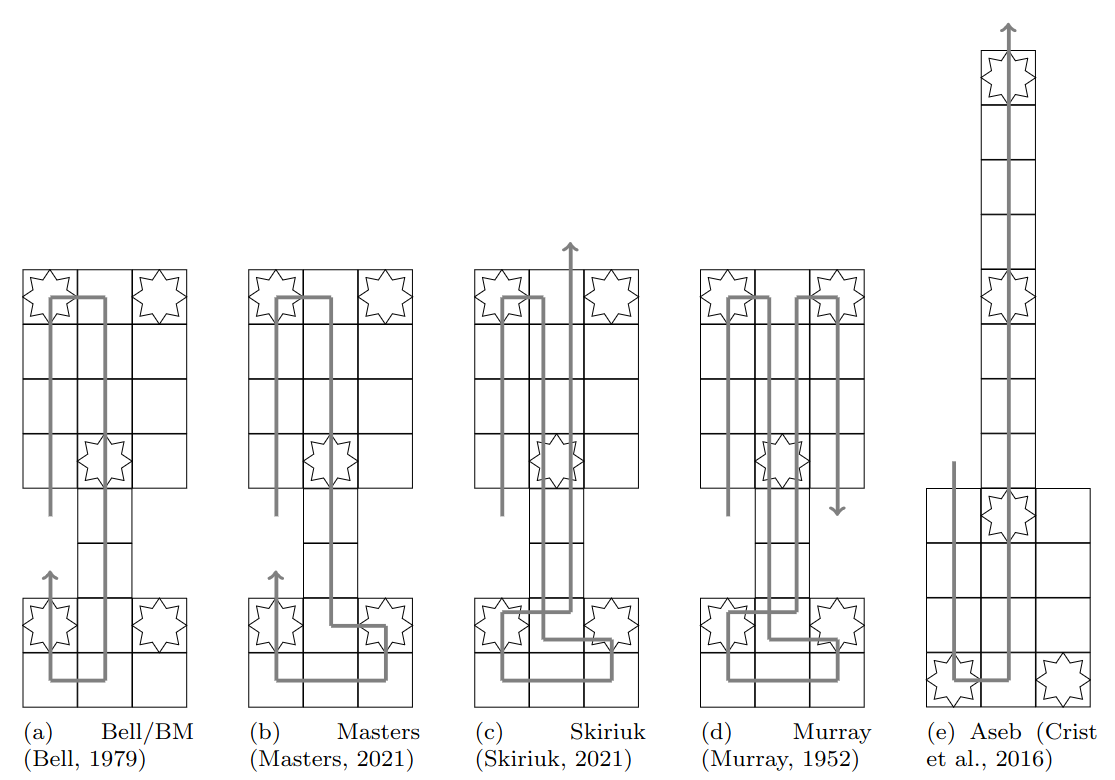This library provides a Python API for the play and analysis of games of The Royal Game of Ur!
The Royal Game of Ur is one of the longest-living games in history, with evidence of it being enjoyed by people who lived over 5,000 years ago! This library aims to bring this ancient board game into the modern age by supporting digital versions of the game, statistical analysis of its rules, and the use of AI to play the game. A board used to play The Royal Game of Ur is shown below, which was excavated by Sir Leonard Woolley in the 1930s. It is currently on display at the British Museum!
Photo of an excavated board of the Royal Game of Ur that is dated to 2500 BC.
© The Trustees of the British Museum.
-
Prefer Java to Python? Check out RoyalUr-Java.
-
If you want to delve deeper, join us to discuss the game by joining our Discord!
The RoyalUr-Python package is available to be installed through pip:
pip install royalurThe following is a small example that shows the basics of creating a game, autonomously playing through it by making random moves, and reporting what happens in the game as it progresses.
from royalur import Game
import random
# Create a new game using the Finkel rules.
game = Game.create_finkel()
while not game.is_finished():
turn_player_name = game.get_turn().text_name
if game.is_waiting_for_roll():
# Roll the dice!
roll = game.roll_dice()
print(f"{turn_player_name}: Roll {roll.value}")
else:
# Make a random move.
moves = game.find_available_moves()
move = moves[random.randint(0, len(moves) - 1)]
game.make_move(move)
print(f"{turn_player_name}: {move.describe()}")
# Report the winner!
print(f"{game.get_winner().text_name} won the game!")Here is a snippet from the end of the output from running the example above:
Dark: Score a piece from C7
Light: Roll 2
Light: Score a piece from A8
Dark: Roll 1
Dark: Move C4 to C3
Light: Roll 1
Light: Score a piece from A7
Light won the game!
This library supports a wide range of rulesets for the Royal Game of Ur. You may use standard sets of rules that are commonly played, or create your own custom rulesets.
Provided Rulesets:
- Rules proposed by Irving Finkel (simple version).
- Rules proposed by James Masters.
- Rules for Aseb (using a different game board).
The rulesets are created by selecting several component pieces that make up the ruleset. This includes selecting the board shape, the path that pieces take around the board, the dice that are used, alongside other features such as whether rosette tiles are safe from capture. The provided values of these components are given below, but new values can also be created and used instead (e.g., for a new path around the board).
Board Shapes:
- Standard Royal Game of Ur.
- Aseb.
Paths:
- Bell's path.
- Masters' path.
- Murray's path.
- Skiriuk's path.
- Aseb path proposed by Murray.
Dice:
- Four binary die.
- Three binary die where a roll of zero is treated as a four.
- N binary die.
- N binary die where a roll of zero is treated as a roll of N+1.
Features:
- Number of starting pieces for each player.
- Whether rosettes are safe tiles.
- Whether landing on a rosette grants an extra roll.
- Whether capturing a piece grants an extra roll.
This library is using Poetry as a dependency-management platform. You can follow the instructions on their site to install poertry on your system and when you are ready:
poetry install --with dev as to set yourself up to develop.
When the dependencies have been installed, use poetry shell as to use the virtualenv and start developing.
This library is licensed under the MIT license. Read the license here.



